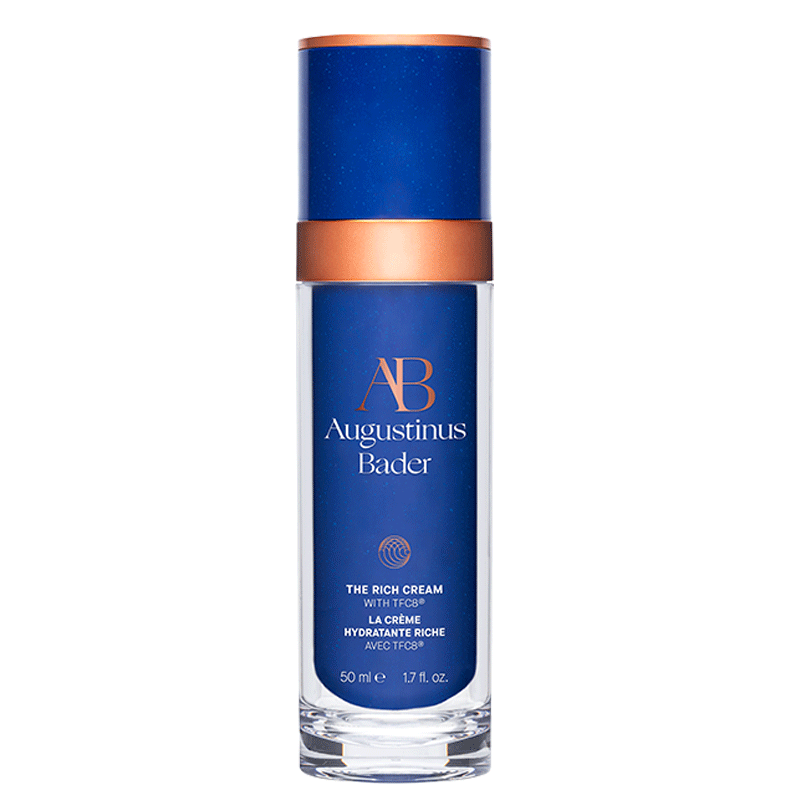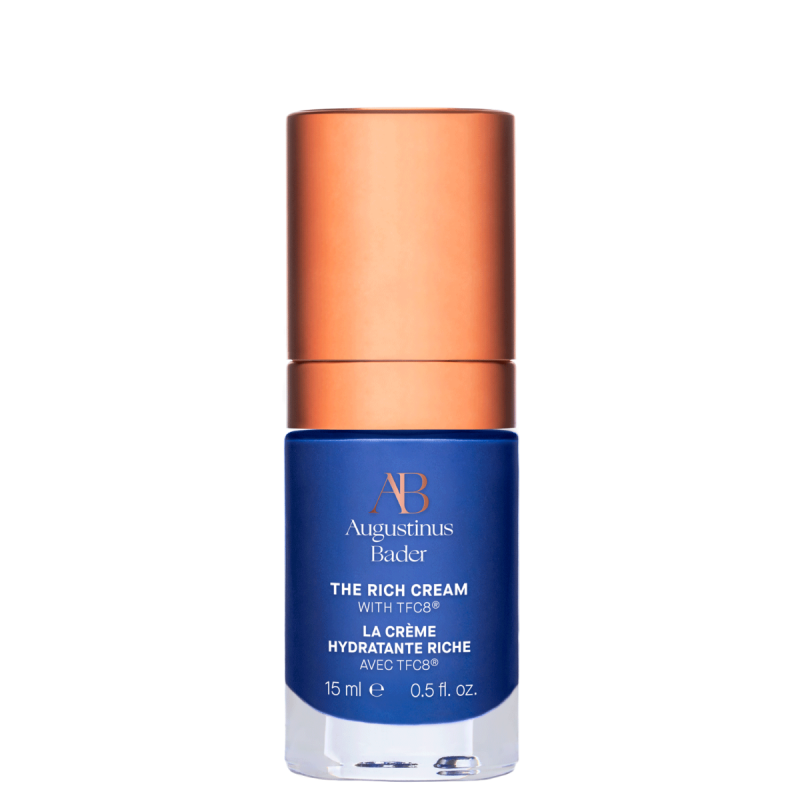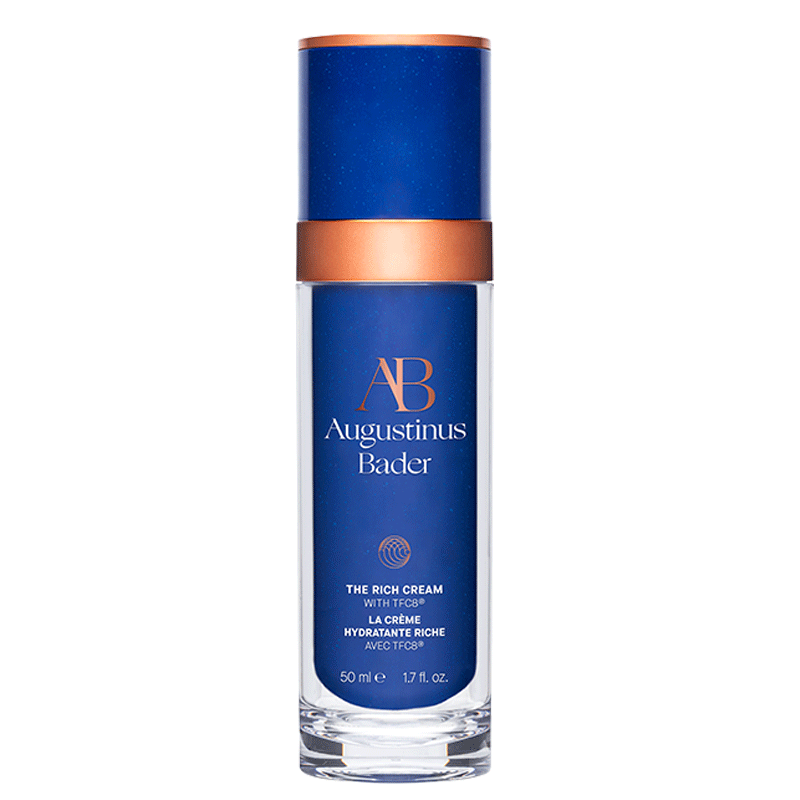Augustinus Bader Contributor and award-winning medical and cosmetic doctor, Dr. Ewoma, takes over the Bader Journal each week to answer some of your most commonly asked questions on application, ingredients, and skin concerns. This week, Dr. Ewoma helps us understand common but complex skin conditions such as eczema and psoriasis.
Understanding skin conditions
Skin conditions such as eczema and psoriasis are a lot more common than you might think. As well as being painful, they can affect your confidence too. Fortunately, with the right treatment they can be managed and their symptoms greatly improved.
2 common types to know
Dermatitis:
Dermatitis is an umbrella term for skin inflammation. General symptoms of dermatitis tend to be redness, dryness, cracking, rashing and itching but there are different types of dermatitis which in turn affects your treatment route.
Atopic Dermatitis is essentially eczema, characterised by dry, rough patches which develop into itchy, red rashes. Eczema affects up to 31 million people worldwide and is generally thought to be inherited. Despite how common it is, its exact cause is still unknown but studies have shown that inflammation occurs as a result of too many inflammatory cells on the skin. As a result, those with atopic dermatitis also have a weaker skin barrier.
Contact Dermatitis occurs when a substance touches your skin and causes irritation or a reaction. Identifying and then avoiding the irritant is a key part of your recovery but you can also use emollients to keep the area moisturised or steroid ointments to relieve the symptoms.
Perioral Dermatitis presents itself in the form of a red rash around the mouth and interestingly, it’s much more common in women than in men. Again, its exact cause for this skin condition is unknown however doctors suggest prolonged use of topical steroids and steroid sprays can trigger this, as well as types of toothpaste and certain cosmetics.
Psoriasis:
Psoriasis is an autoimmune condition which causes a build up of skin cells and appears as scaling on the skin, essentially your own immune system attacks your body. The area around the ‘scales’ is typically red and inflamed while the scales themselves are white/silver in colour. In simple terms, new skin cells are produced quicker than the dead skin cells are removed - which results in these flaky, scaly patches.

As well as triggering inflammation externally, it can also affect sufferers internally, sometimes causing joint pain. Psoriasis is more common in caucausian skin and tends to affect people (more often women) between the ages of 15-25. Topical steroids and oral immunosuppressants can be used to manage psoriasis but one of the most important factors to bear in mind is moisturising. Reach for really rich, thick and nourishing ointments and creams to protect and seal the skin barrier.
For all of these conditions, my main advice first and foremost would be to consult with your doctor or dermatologist for a professional diagnosis. Once you have this, you can look into the types of topical treatments and ingredients that will ease discomfort or manage symptoms. For mild cases of eczema and dermatitis on the face, reaching for deeply hydrating and nourishing formulas to repair your skin’s compromised barrier function will be invaluable. Products like The Rich Cream will be particularly effective here; free from any potentially irritating fragrances, it’s loaded with moisturising agents like argan, avocado and evening primrose oils as well as fatty acids and antioxidants to prevent free radical damage.
With each of these common skincare conditions, it’s super important to treat your skin gently and kindly. Understand your condition completely by seeking professional expert advice and from there you can look into the types of ingredients and formulas you should be utilising.
Have a question or concern you'd like Dr. Ewoma to address? Head to our Instagram and let us know in the comments.




